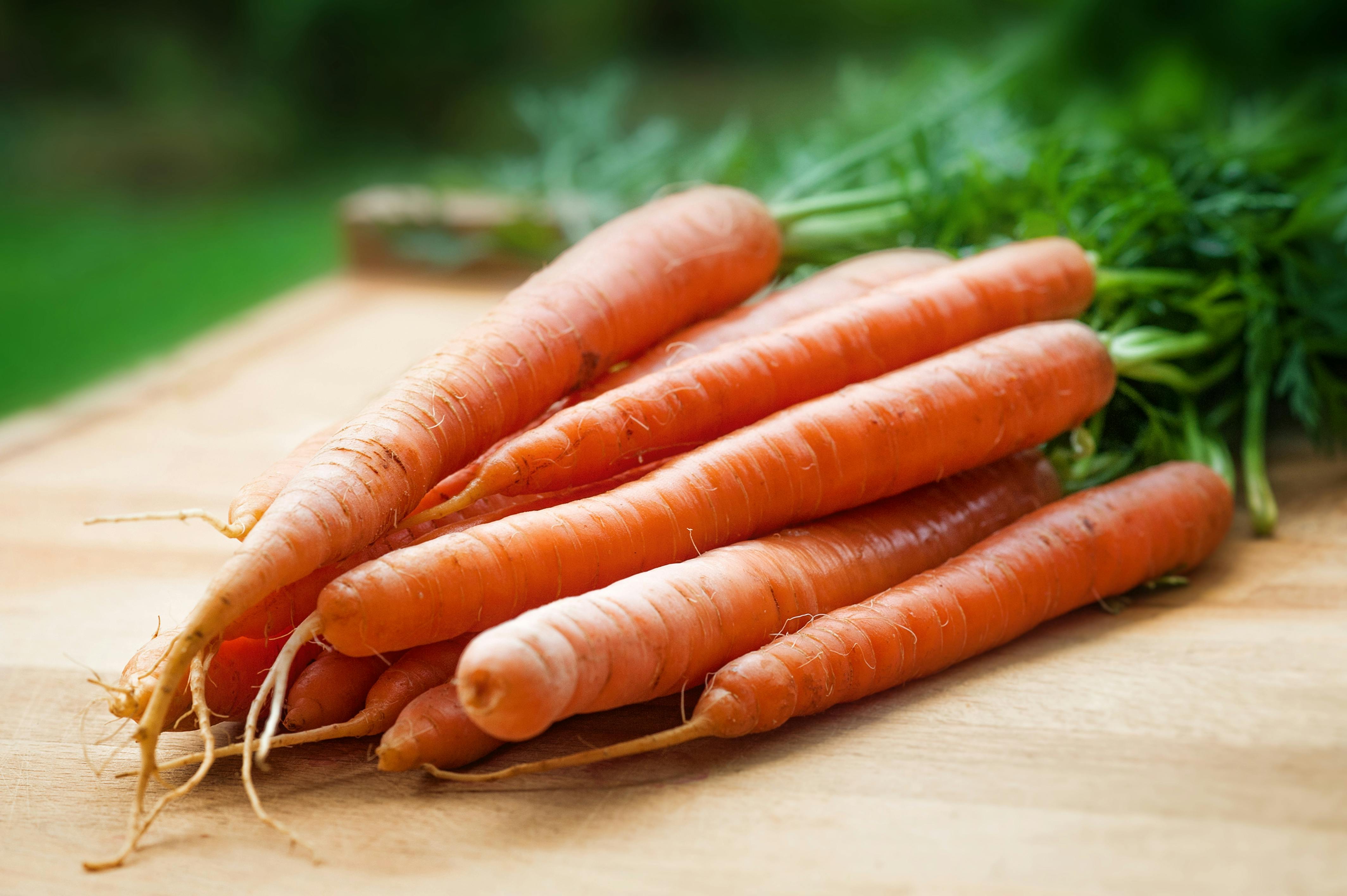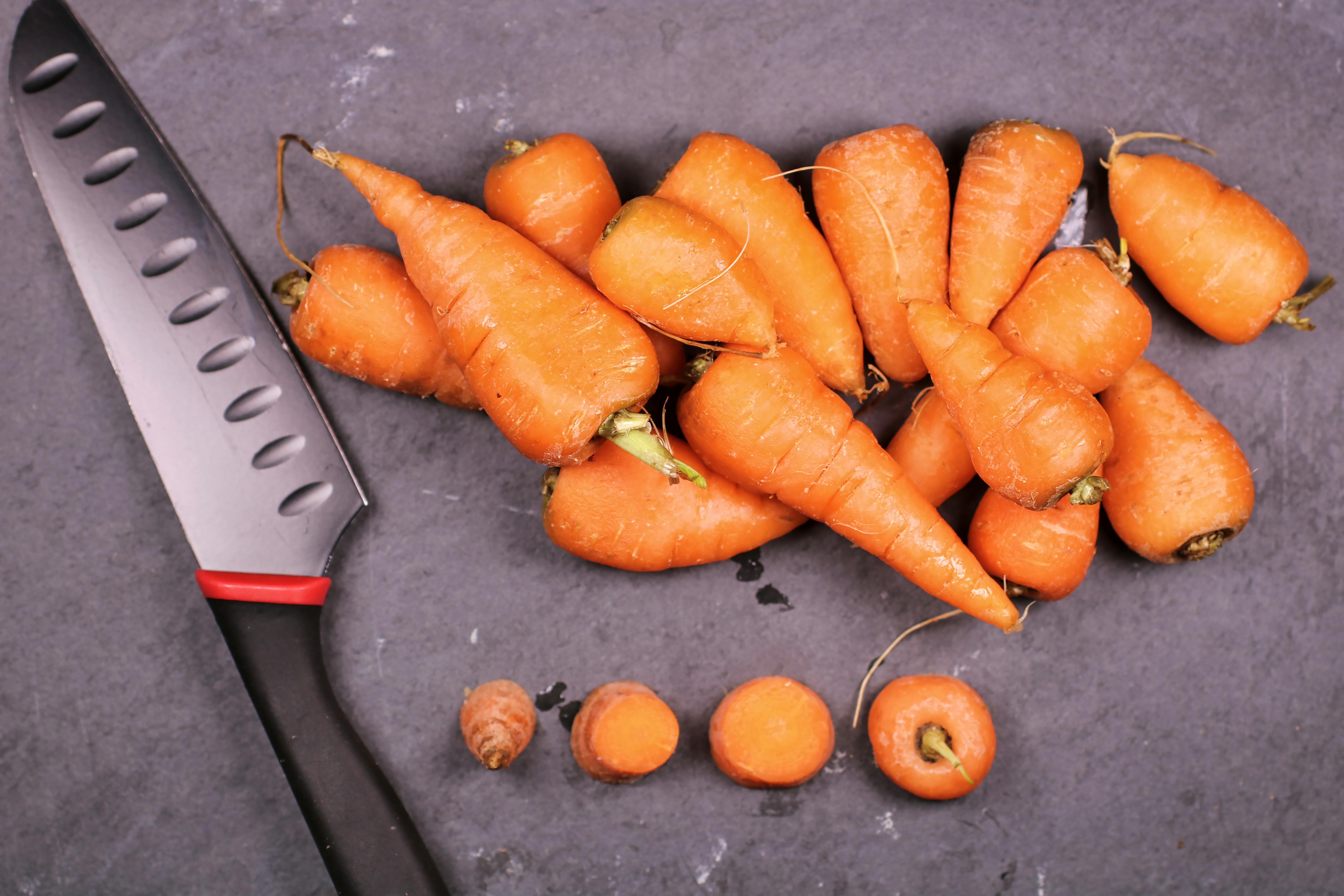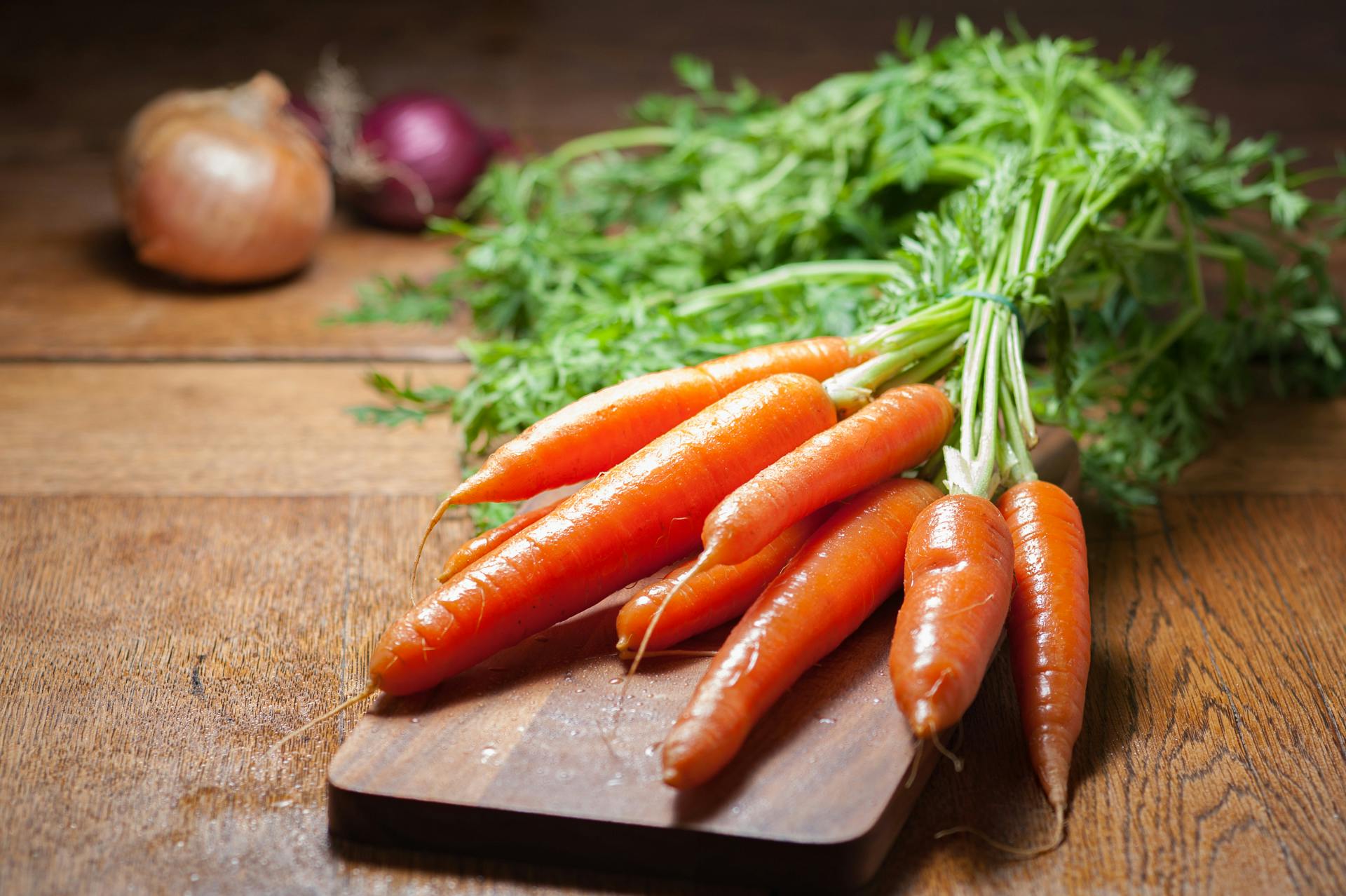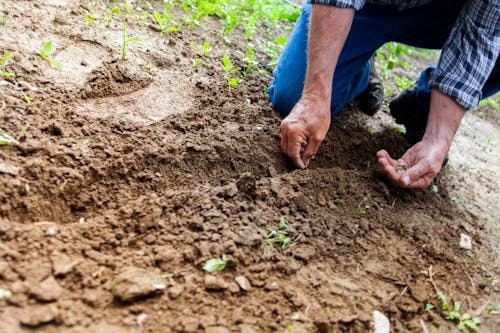The Comprehensive Guide to Carrot Seeds: Cultivation, Uses, and Benefits
Introduction
Carrot seeds are not only the foundation for growing one of the most popular root vegetables in the world, but they also hold significant historical, nutritional, and medicinal value. In this article, we delve into everything you need to know about carrot seeds, from their cultivation to their uses and benefits. Whether you are an avid gardener, a health enthusiast, or simply curious about carrot seeds, this comprehensive guide has something for everyone.
History and Origin of Carrot Seeds

Carrots (Daucus carota) have a rich history dating back to ancient times. Originally, they were cultivated in Persia and other parts of the Middle East. Early varieties of carrots were not the orange roots we recognize today; they were purple, yellow, or red. It was not until the 17th century in the Netherlands that the familiar orange carrot was developed through selective breeding.
Types of Carrot Seeds
Heirloom Carrot Seeds
Heirloom carrot seeds are open-pollinated and come from plant varieties that have been passed down through generations. They are prized for their unique flavors, colors, and historical significance.
Hybrid Carrot Seeds
Hybrid carrot seeds are created by crossing two different varieties to produce offspring with specific desirable traits, such as disease resistance, uniformity, and improved yield. While hybrids offer many advantages, they do not breed true to type, meaning seeds saved from hybrid plants will not produce identical plants.
Organic Carrot Seeds
Organic carrot seeds are produced without the use of synthetic fertilizers, pesticides, or genetically modified organisms (GMOs). These seeds are ideal for gardeners looking to grow carrots in an environmentally sustainable manner.
Growing Carrots from Seeds
Selecting the Right Variety

Choosing the right variety of carrot seeds is crucial for successful cultivation. Factors to consider include climate, soil type, and the intended use of the carrots (e.g., fresh eating, storage, or juicing). Popular varieties include ‘Nantes’, ‘Imperator’, and ‘Danvers’.
Soil Preparation
Carrots thrive in loose, well-draining soil with a pH between 6.0 and 6.8. Preparing the soil by removing rocks and debris and adding organic matter like compost helps create the ideal growing conditions.
Sowing Carrot Seeds
Carrot seeds are tiny and should be sown directly into the garden. Plant them 1/4 inch deep and 2-3 inches apart in rows spaced 12–18 inches apart. Thin the seedlings to 1-2 inches apart once they are a few inches tall to ensure proper root development.
Watering and Fertilization
Consistent moisture is key to preventing split or misshapen roots. Water the carrots deeply once a week, and use a balanced fertilizer to promote healthy growth.
Thinning and Weeding
Thin the carrot seedlings to prevent overcrowding and ensure they have enough space to develop properly. Regular weeding is essential to reduce competition for nutrients and water.
Pest and Disease Management
Common pests include carrot rust fly and aphids, while diseases such as Alternaria leaf blight and powdery mildew can affect carrot plants. Using row covers and practicing crop rotation can help manage these issues.
Harvesting Carrots
Carrots are typically ready for harvest 70–80 days after sowing. Harvest when the roots have reached the desired size by gently pulling them from the soil.
Carrot Seed Saving
When and How to Harvest Seeds
Carrots are biennial plants, meaning they flower and produce seeds in their second year. Allow a few carrots to overwinter in the ground. In the second year, they will produce flower stalks, which will eventually produce seeds. Harvest the seeds when the umbels turn brown and dry.
Cleaning and Storing Seeds
After harvesting, clean the seeds by removing any chaff or debris. Store the seeds in a cool, dry place in an airtight container to maintain their viability.
Germination Testing
Test the germination rate of saved seeds by placing a few on a damp paper towel and keeping them warm. Check for sprouting after a week to ensure the seeds are still viable.
Nutritional Benefits of Carrots
Vitamins and Minerals
Carrots are rich in vitamins A, K, and C, as well as potassium and fiber. These nutrients support vision, immune function, and overall health.
Antioxidants
Carrots contain beta-carotene, a powerful antioxidant that converts to vitamin A in the body. Antioxidants help protect cells from damage caused by free radicals.
Dietary Fiber
High in dietary fiber, carrots aid in digestion and help maintain healthy blood sugar levels.
Medicinal Uses of Carrot Seeds
Carrot Seed Oil
Carrot seed oil, extracted from the dried seeds of wild carrot (Daucus carota), is known for its antimicrobial, antioxidant, and anti-inflammatory properties. It is often used in skincare products for its rejuvenating effects.
Traditional Remedies
In traditional medicine, carrot seeds have been used to treat digestive issues, kidney problems, and to stimulate menstruation. However, more research is needed to validate these uses.
Culinary Uses of Carrot Seeds
Flavoring and Spices

Carrot seeds have a warm, earthy flavor and are used as a spice in various cuisines. They can be toasted and ground to add depth to soups, stews, and bread.
Recipes
Incorporate carrot seeds into recipes like carrot seed bread, spiced carrot soup, or as a seasoning for roasted vegetables to enhance flavor.
Carrot Seed Oil in Skincare
Benefits for Skin Health
Carrot seed oil is praised for its ability to rejuvenate and repair skin. It helps in healing scars, improving skin tone, and providing hydration.
Homemade Skincare Recipes
Create a simple face serum by mixing carrot seed oil with a carrier oil like jojoba or argan oil. Use a few drops daily for radiant skin.
Carrot Seed Oil in Aromatherapy
Therapeutic Properties
Carrot seed oil is used in aromatherapy for its calming and grounding effects. It is believed to alleviate stress and anxiety while promoting mental clarity.
How to Use in Aromatherapy
Add a few drops of carrot seed oil to a diffuser or blend it with other essential oils for a soothing aromatherapy experience.
Common Challenges in Growing Carrots
Poor Germination
Carrot seeds can be slow to germinate, often taking 2–3 weeks. Ensure the soil is consistently moist and avoid crusting on the soil surface to improve germination rates.
Root Deformities
Forked or misshapen carrots are often the result of rocky or compacted soil. Proper soil preparation and thinning can help produce straight, healthy roots.
Pest Infestations
Pests like the carrot rust fly can damage carrot crops. Use row covers and rotate crops to minimize pest problems.
Expert Tips for Successful Carrot Cultivation
Soil Testing
Test your soil’s pH and nutrient levels before planting to ensure optimal growing conditions for carrots.
Companion Planting
Plant carrots alongside compatible crops like onions, leeks, and herbs to deter pests and promote healthy growth.
Seasonal Planting
Carrots can be planted in early spring or late summer for a fall harvest. Cooler temperatures improve the sweetness of the carrots.
Conclusion
Carrot seeds are a fascinating and versatile component of gardening and cuisine. From growing vibrant, nutritious carrots to using the seeds in traditional remedies and culinary creations, they offer a wide range of benefits. By understanding the best practices for cultivation and exploring the various uses of carrot seeds, you can fully appreciate the value of this humble seed.
FAQs
Q: How long do carrot seeds take to germinate?
Carrot seeds typically take 2–3 weeks to germinate, depending on soil temperature and moisture levels.
Q: Can carrot seeds be saved for next year?
Yes, carrot seeds can be saved and stored properly for use the following year. Ensure they are kept in a cool, dry place.
Q: What are some common pests that affect carrots?
A: Common pests include carrot rust fly, aphids, and nematodes. Using row covers and practicing crop rotation can help manage these pests.
Q: How often should I water carrot plants?
A: Carrots require consistent moisture. Water deeply once a week, ensuring the soil remains moist but not waterlogged.
Q: Are carrot seeds used in cooking?
A: Yes, carrot seeds can be used as a spice in cooking. They have a warm, earthy flavor and can enhance various dishes.



